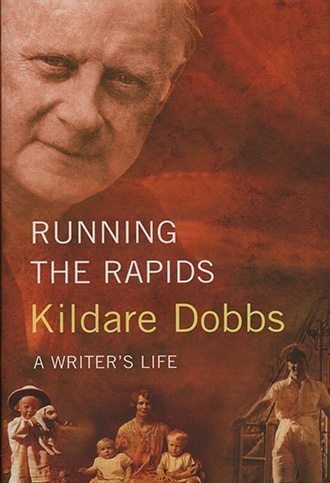
Running the Rapids
A Writer's Life
By: Kildare Dobbs
Publication Date: September 2005
€20.00
Poet, travel writer, teacher, film-extra in Laurence Olivier’s Hamlet, quiz-show panellist – Kildare Dobbs has played many parts, been many places, met many people. His life’s journey, marked by frequent detours and diversions, from Asia to old Europe, Africa and the New World, is that of the quintessential post-colonial Western man at large.
In Running the Rapids Dobbs becomes voyageur. He takes us from a lamp-lit, big house childhood in 1930s Kilkenny, to college days at Cambridge in thrall to Carl Jung and Wilhelm Reich, to commando training and naval service protecting Allied convoys from U-boat attack during World War II. Then began his time from 1948 to 1952 as district officer in Tanganyika, where he learnt Swahili beneath the ‘immense, unearthly bulk’ of Kilimanjaro and was falsely imprisoned for ivory theft.
He then moved to Canada to work at Macmillan publishers, co-founding The Tamarack Review and becoming managing editor of Saturday Night magazine from 1965 to 1967. During the seventies he was both columnist and books editor of the Toronto Star. He recounts his friendships with writers Brian Moore, Richard Wright and Mordecai Richler, and with Ronald Searle, Marshall McLuhan and Wilfred Thesiger, among others. And nothing if not uxorious, this modern-day troubadour enters the lists of time and again throughout the narrative, finding his peace the third time around.
Dobbs’s self-portrait vividly evokes the world of a restless man of letters, Rousseauesque in its foibles and candour, Johnsonianly pungent in its observations, Shandean in its sense of the absurd. ‘In memory and imagination’, he writes, ‘there is no time: all is simultaneous.’ This poignant and delightful chronicle sets out to reinforce that perception.
‘This is an autobiography by an amusing writer.’ – Customer review
ABOUT THE AUTHOR
KILDARE DOBBS was born in India in October 1923, raised in Ireland, and educated in Dublin, Cambridge and London. He served in the Royal Navy during World War II and in East Africa, before migrating to Canada in 1952. There he earned a living in journalism and publishing, wrote Running to Paradise (1962), ‘autobiography honoured as fiction’ that won a Governor General’s Award, concocted The Great Fur Opera (1970), a subversive vision of Canadian history, with the artist Ronald Searle, and broadcast regularly on CBC radio and television. The Eleventh Hour (1997) was his first volume of poetry. He is recipient of the Canadian National Magazine Award and in 2000 was invested with the Order of Ontario, and made writer-in-residence at the University of Toronto in 2002. Read more here.
| ISBN | 9781843510703 |
|---|
| Weight | 0.5 kg |
|---|---|
| Dimensions | 220 × 140 mm |
| Publication Date | September 2005 |
| Format | Paperback, 242pp |

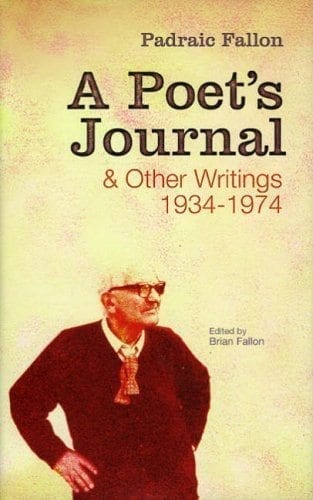
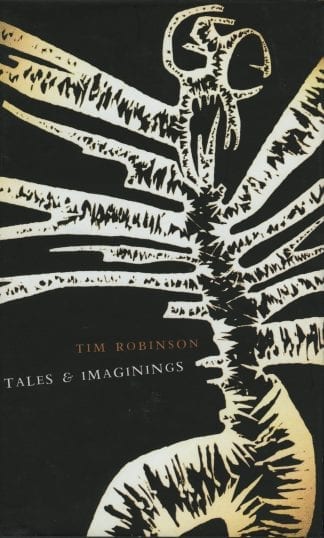
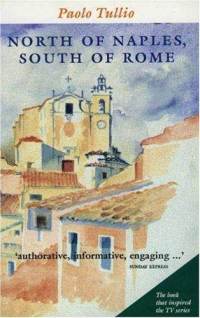
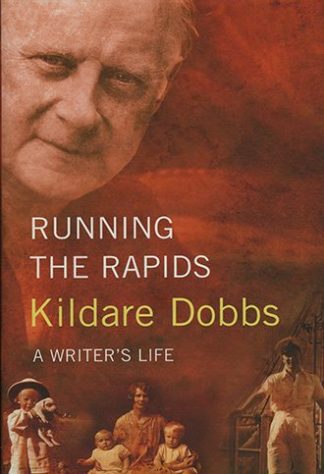
Lilliput Press –
“Running the Rapids reveals a complex man, adaptable, self-deprecating, wryly humourous, multi-talented (“cultivated” would be his own word) and with an intellectual integrity that partly explains his being not much more affluent now than he was fifty years ago.”
(Dervla Murphy The Irish Book Review)
Lilliput Press –
“Dobbs’s swift prose seats the reader in a canoe, as the memoirist manages, with the economy of retrospection to steer around unanticipated rocks in the midst of history’s profuse foam and spray. One gift this memoirist bestows on an audience is the succinct celebration of both bad and good luck, in the medium of consistently good prose. Misfortune itself becomes an object of aesthetic pleasure, something fortuitously or laboriously overcome. Like all worthy autobiographies, Running the Rapids feels impersonal to the degree that the predicaments and pleasures it describes assume an exemplary, even an allegorical dimension. I was repeatedly confronted by the strangeness of human life as I absorbed Dobbs’s experiences.
Although Dobbs’s memoir considerably augments my knowledge of him, the firmest image I retain of the author is of this quill-wielding, stool-perched, voluminous-wigged, intent, and apparently indefatigable figure.”
(Books in Canada)
Lilliput Press –
“There is a nostalgic element in this book for anyone who has lived through the forties and fifties, the settings as evocative as Madeleine Cakes – London, Africa, Andalucia…
Partly a terse record of facts and people, partly a fascinating narration, Dobbs emerges as liberal or left-wing in the best sense of the words, his heart in the right place, in spite of certain unconscious attitudes inherited with his mother’s milk.
The poet can be found in his descriptions of a destroyer in an Atlantic storm, a safari in the African bush, his memory-exercising recreation of his childhood home, his final acceptance that the train is waiting for him.”
(Books Ireland)
Lilliput Press –
“Running the Rapids is 82-year-old Dobb’s autobiography, a work almost impossible to describe. It is humane, ribald, learned, countrified, cosmopolitan, heroic, sorrowful and hysterically funny. It is written with an exquisite sensitivity for the music of langauage and with an extraordinary knack for rendering the small narratives that gather themselves into a Life.”
(National Post)
Lilliput Press –
“Memoirs don’t recount lives – they would be very boring if they did – but pinpoint highlights, key moments, telling episodes. They chronicle what the author remembers or chooses to remember as the pivotal, critical, defining or amusing moments of his journey. That is why autobiographies are so revealing. Human lives are remarkably similar; it is what a person chooses to recall about his or her life that is different. Some chiefly remember hurts and failures; others recall mainly pleasures and triumphs. Few lives consist solely or even predominantly of lights or shadows – but many memoirs do.
What Mr. Dobbs remembers is running the rapids. It makes his book a symphony of whirls and eddies, swift water and still water, depths and shallows. His structure is equally fluid: the memoir remembers things in a quasi- chronological order, but some episodes link up thematically more than temporally, and a few appear in sequential proximity simply because they seem to have occurred to Mr. Dobbs at the same time. It is said of such books that they might have benefited from more rigorous editing. In this case, no… It is one of the book’s charms that it is something of an unmade bed: vague, haphazard, at times repetitious, at other times skimpy on basic information. In this, it resembles the author’s persona – perhaps not in real life, but as it emerges from the story. Untidiness becomes Mr. Dobbs. Messiness fits in trace amounts; a gently meandering stream-of-consciousness strikes the right note. It is like being in the company of a quick-witted and acutely observant person who has just started wandering a bit; a fine raconteur, whose senior moments are barely beginning to register on the dodderscope.”
(George Jonas The Literary Review of Canada)
Lilliput Press –
“Dobbs’ writing has an elegant, almost Georgian, quality to it, and the frontispiece of an eighteenth-century caricature of “the writer at work” is apt. Leading us on a picaresque post-colonial jaunt across the globe, we might be reading Defoe. Then again we might be reading Orwell or even Hemingway. Whether playing liar-dice with the regulars in a seedy bar near Bilbao or shooting lions with a Gaudenzio’s 12-bore around Tanganyika, Dobbs gives us a neat snapshot of another time and another world.”
(The Dubliner)